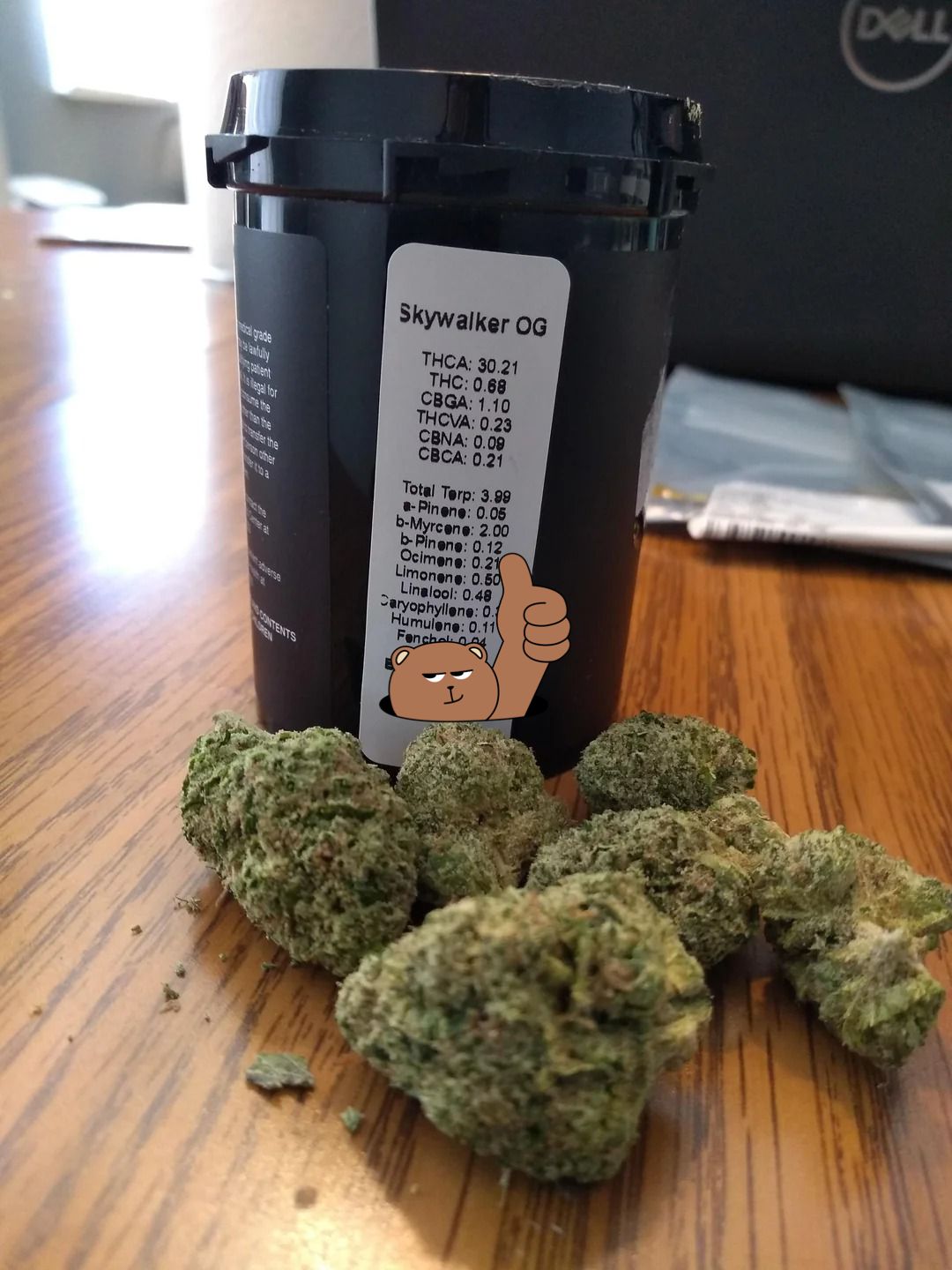The Changing Landscape of Weed in Itagüí: Legalization, Culture, and Economic Potential

Itagüí, a bustling city located in the Aburrá Valley of Antioquia, Colombia, is known for its industrial base, proximity to Medellín, and rapid urban development. As Colombia moves forward with its evolving approach to cannabis, Itagüí finds itself at a crossroads of changing legal regulations, shifting cultural attitudes, and potential economic opportunities. While marijuana remains a subject of debate, the evolving legal landscape and growing acceptance of cannabis use are beginning to shape the city’s future.
Legal Landscape: Evolving Cannabis Laws in Colombia
Colombia has undergone significant legal shifts when it comes to marijuana in recent years. In 2022, the country’s Constitutional Court decriminalized the possession of up to 20 grams of marijuana for personal use. This means that residents of Itagüí can legally possess small amounts of cannabis for personal consumption without facing criminal penalties. Additionally, individuals are allowed to grow up to 20 cannabis plants for personal use, provided they do so privately and responsibly on weed in Itagüí.
While these changes mark progress, the sale of marijuana remains illegal, leaving a gap in the legal market. Although personal consumption is no longer punishable, there is no legal framework for the regulated sale of cannabis, meaning that many residents still rely on the black market to obtain marijuana. The lack of a regulated market creates challenges, particularly in urban areas like Itagüí, where demand for cannabis is high but supply is often tied to illegal distribution networks on weed in Itagüí.
The medical cannabis sector, however, has grown considerably in Colombia. The government allows for the cultivation and production of cannabis for medical use, creating a potential avenue for Itagüí to benefit from legal marijuana markets. Medical cannabis products, such as oils, tinctures, and creams, are becoming more widely available, with Colombia positioning itself as a key player in the global cannabis industry on weed in Itagüí.
Cultural Attitudes: A Shift in Perception
Like many Colombian cities, Itagüí’s cultural landscape has traditionally been conservative, influenced by the country’s history with drug cartels and the violence that marred the 1980s and 1990s. However, as attitudes toward marijuana continue to shift both locally and globally, this perception is slowly changing.
Younger generations in Itagüí are increasingly open to marijuana use, viewing it as a recreational substance similar to alcohol or tobacco. Cannabis is becoming normalized in many urban areas, and its potential medicinal benefits are also gaining attention. Many in Itagüí, particularly younger individuals, now advocate for broader cannabis legalization and see it as a personal choice, rather than a criminal act.
On the other hand, older generations, particularly those with strong religious or traditional values, remain more cautious. For many in Itagüí, marijuana use still carries associations with the country’s violent past. While the younger population pushes for progress, these older residents are often wary, concerned about the societal impacts of further cannabis legalization.
This cultural divide reflects the broader generational shift happening in Colombia, where younger people advocate for reform while older generations prioritize caution and preservation of traditional values. However, as the legal landscape continues to evolve, it’s likely that these attitudes will continue to shift toward greater acceptance, especially as more people witness the benefits of medical cannabis.
Economic Potential: Cannabis Industry Opportunities
As cannabis legalization expands in Colombia, Itagüí stands to benefit economically from both the medicinal cannabis market and potential cannabis cultivation. The city is part of the Aburrá Valley, which has a long agricultural tradition, though it is better known for its industrial output. However, the region’s proximity to Medellín and its established infrastructure could make Itagüí an attractive location for cannabis-related ventures.
Given the legal framework for medical cannabis, Itagüí could see an influx of investment in the industry, particularly in the production and processing of cannabis-based products. Colombia’s favorable climate and established agricultural infrastructure make it an ideal location for cultivating cannabis, especially for medical use. Farmers in and around Itagüí could potentially shift from traditional crops to cannabis, creating new jobs and economic opportunities for local communities.
In addition, the burgeoning cannabis industry could lead to the establishment of processing plants, research centers, and distribution networks, further boosting the economy of Itagüí. With Colombia’s growing reputation as a global leader in medical cannabis production, the city could become a key player in the sector, providing both economic benefits and job creation for the region.
Health and Social Considerations
While the economic potential of cannabis is considerable, it is essential to consider the health and social implications of increased cannabis use in Itagüí. As with any drug, cannabis carries risks, particularly if consumed irresponsibly or excessively. Long-term use can lead to mental health issues, cognitive impairment, and dependency, especially among younger users.
Education and public health initiatives will play a crucial role in ensuring that residents understand the potential risks and benefits of cannabis. Responsible consumption campaigns can help reduce misuse and promote safe, moderate use. Additionally, clear regulations will need to be in place to ensure that marijuana consumption is limited to private spaces, maintaining the safety and integrity of public spaces in Itagüí.
It is also important to ensure that the benefits of cannabis legalization do not come at the expense of public safety or social harmony. Policies that govern the sale and consumption of cannabis, along with ongoing community engagement, will be key to mitigating any negative social impacts.
Conclusion
Itagüí, with its strategic location, growing infrastructure, and evolving attitudes toward cannabis, finds itself on the cusp of significant change. The decriminalization of marijuana for personal use and the growth of the medical cannabis market present new opportunities for the city. However, challenges remain in terms of addressing the illegal market and navigating cultural divides.
As attitudes toward marijuana continue to shift, particularly among younger generations, Itagüí has the potential to become a significant player in Colombia’s cannabis industry. By balancing economic growth with responsible use, the city can capitalize on the benefits of cannabis legalization while ensuring the health and well-being of its residents.
With the right regulatory framework and a commitment to education, Itagüí could emerge as a leader in the country’s cannabis industry, contributing to both economic growth and social progress.

Skywalker product exceeded my expectations in both potency and purity, I really appreciated the discretion and professionalism in the delivery process , you can reach to him on Telegram t.me/skywalkerOG_1 and also there email realskywalkerog1@gmail.com
“Man, that skywalker OG you gave me last night was fire. Smoothest smoke I’ve had in months.”

Great service, easy to work with and I’m very satisfied. I’m so happy I found skywalker here. He is super responsive, on time and the quality of weed he sells are serious on point and top notch.